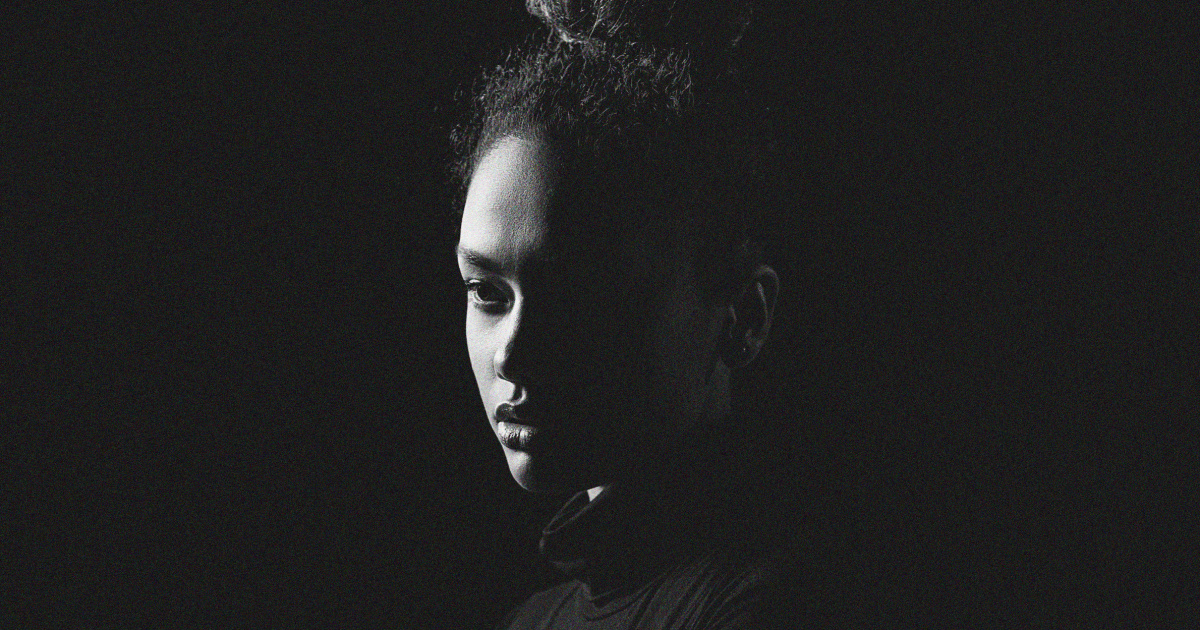The paper included a decade’s worth of data from the Centers of Disease Control and Prevention among Black women ages 25 to 44 across 30 states.
In the U.S., Black adult women are six times more likely to be killed than their white counterparts, troubling new data reveals.
A paper published Thursday in The Lancet medical journal analyzed homicide rates of Black women ages 25 to 44 across 30 states. The data was collected between 1999 and 2020 by the Centers for Disease Control and Prevention’s National Vital Statistics System.
Homicides were classified in this study as death by shooting, piercing, cutting and other forms of violence. Racial disparities varied among states; in Wisconsin, for example, Black women were 20 times more likely to be killed than white women. Black women living in Midwestern and Northeastern states were also more likely to be killed by a firearm, the paper found.
The study was designed to provide more comprehensive data about homicide rates among Black women and fill in the gaps in the existing literature, said Bernadine Waller, the paper’s lead author and a postdoctoral psychiatry research fellow at the Columbia University’s Irving Medical Center.



Saying economics are the most important factors doesn’t suggest social factors are un-important. Never the less the two are intertwined. Current day economic situations are controlled by historical social factors.
This is like me saying “I like waffles” and someone hearing “I hate pancakes”.
Hyperbole aside, you at least agree with the overwhelming statistical data that there is extensive racial and ethnic discrimination by police and the judicial system. Yes?
Yes, conscious and even perhaps more concerning unconscious racial or ethnic biases present challenges to CJ systems.